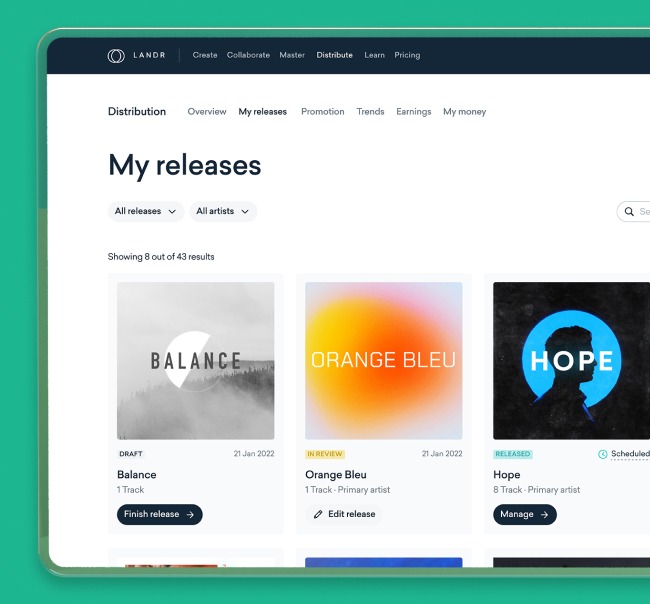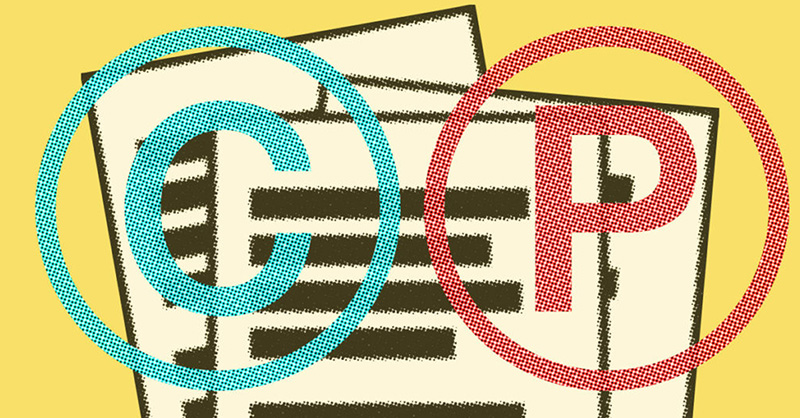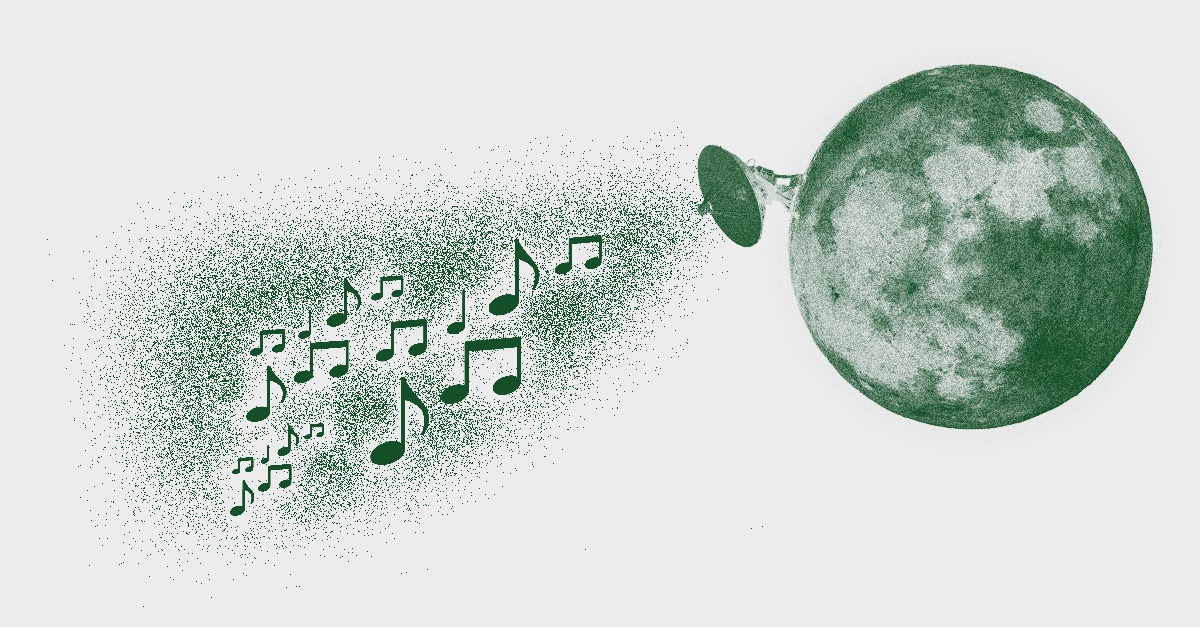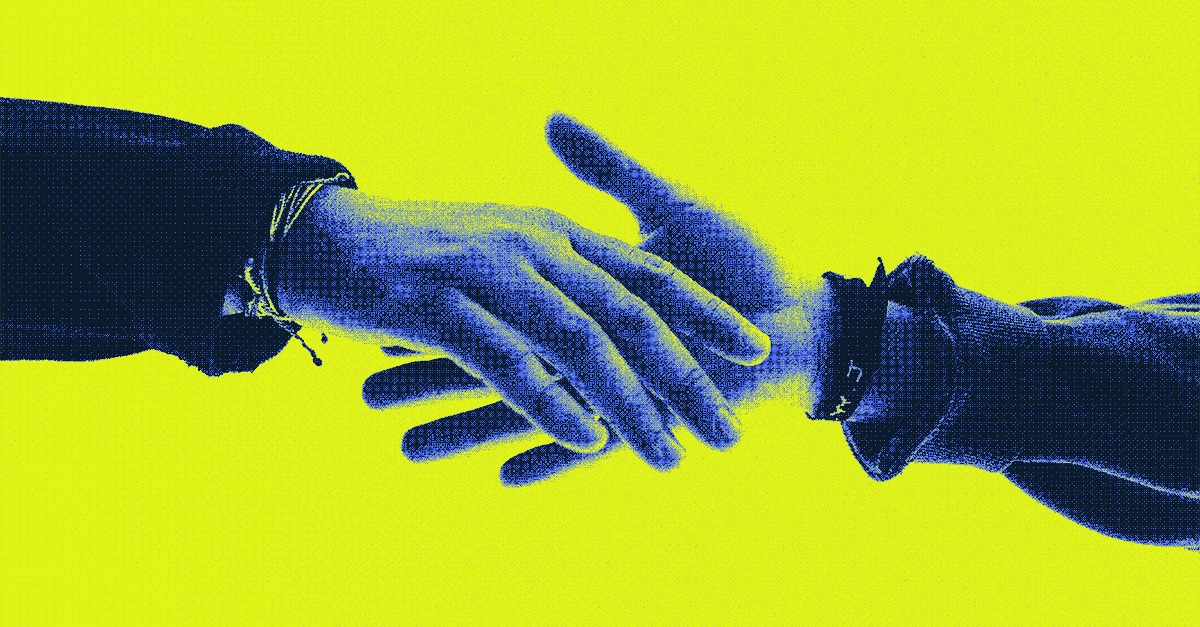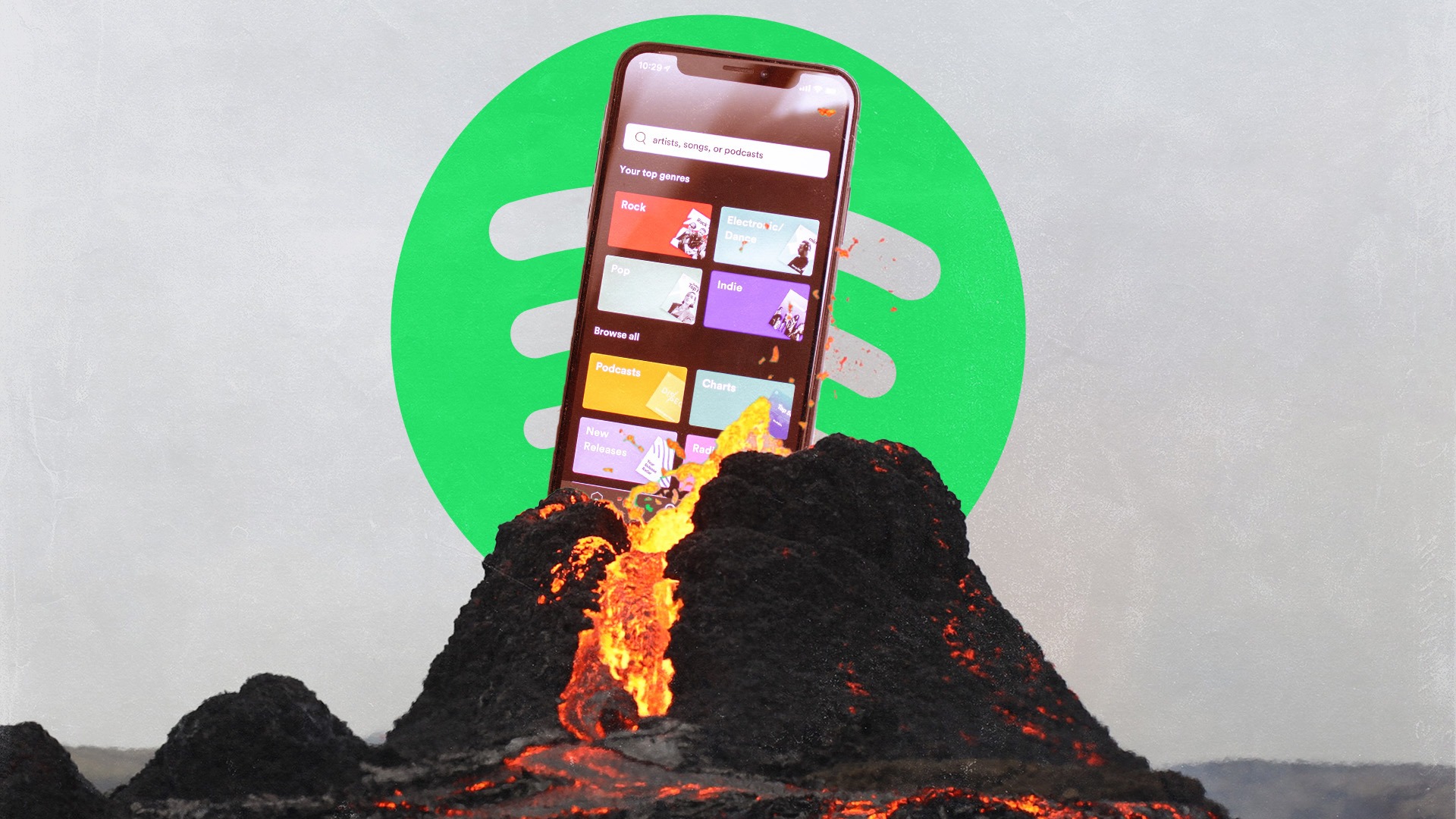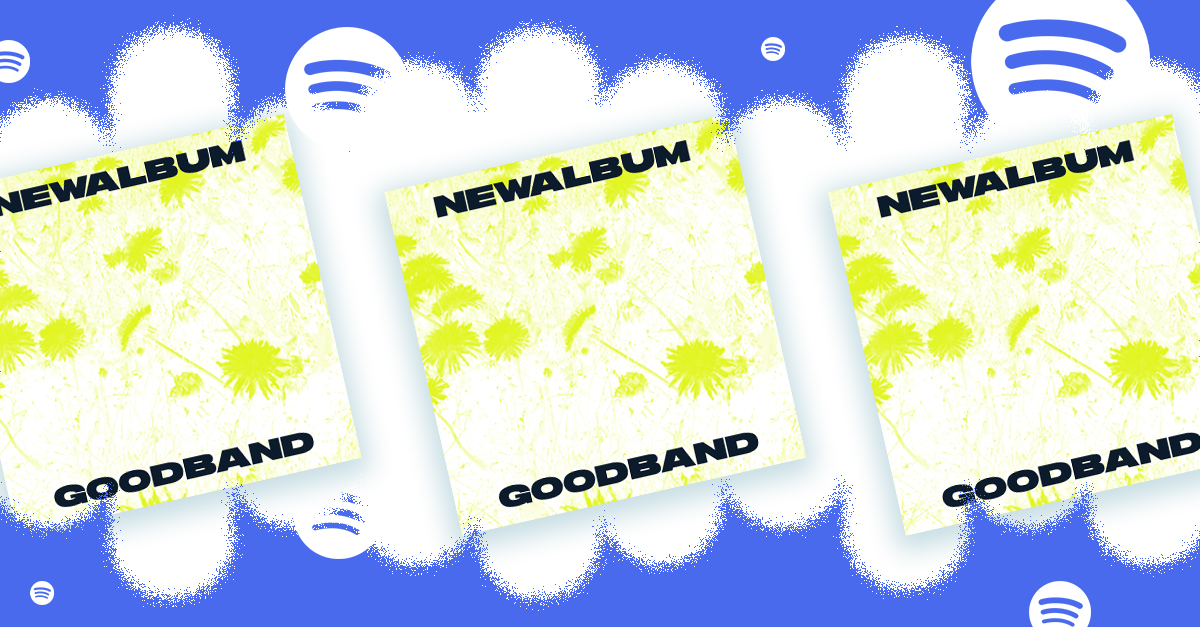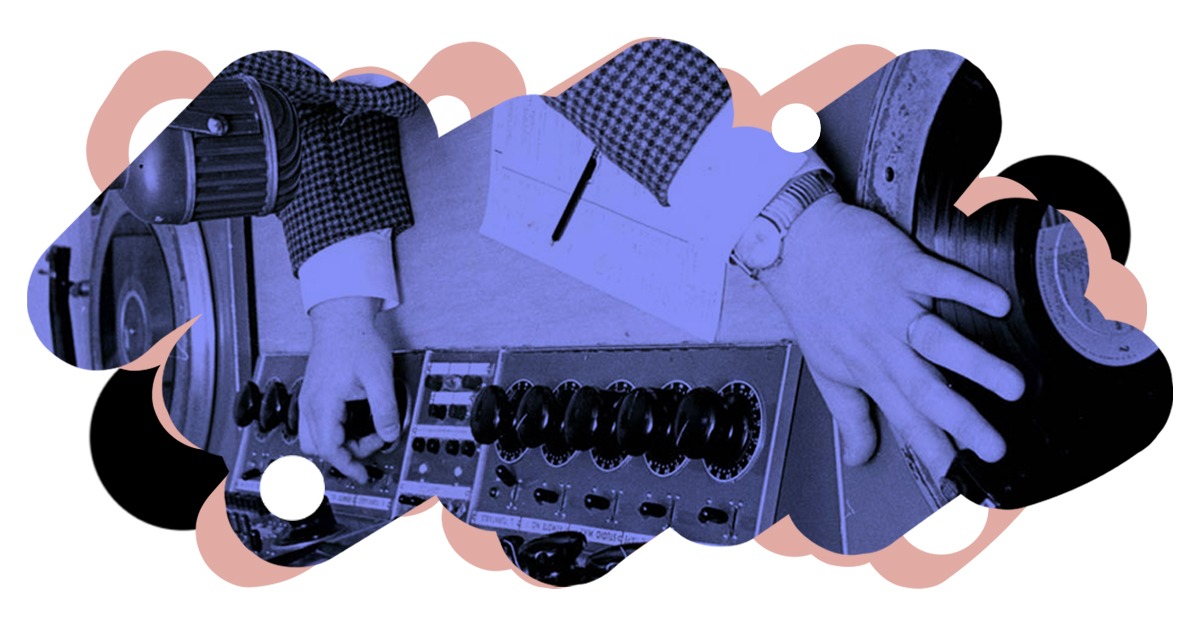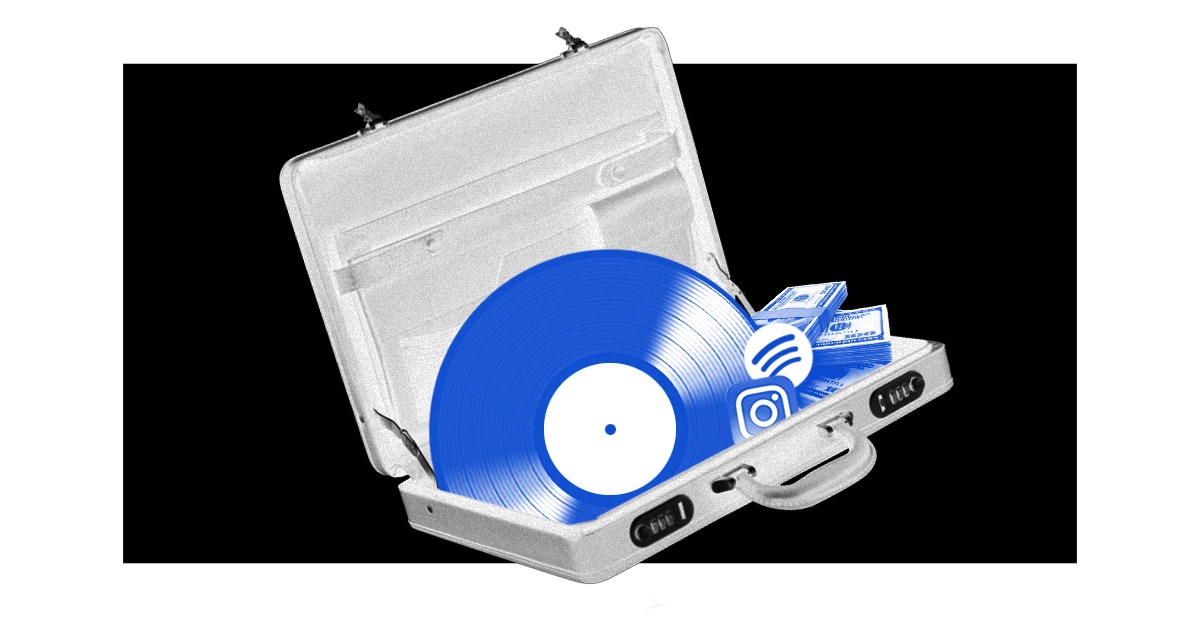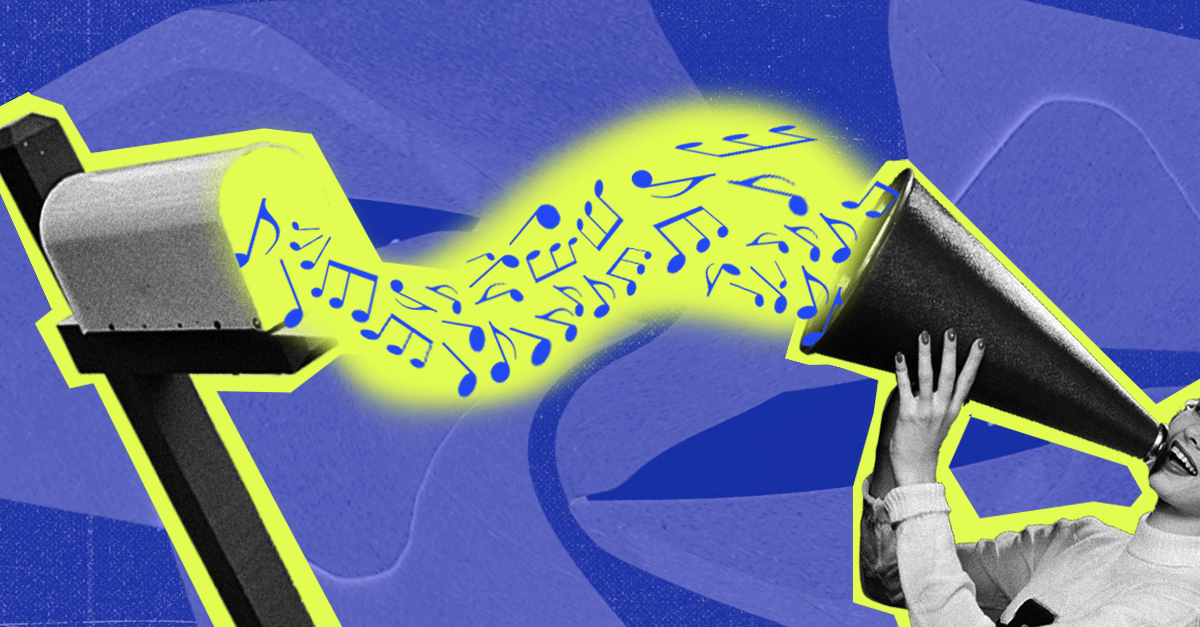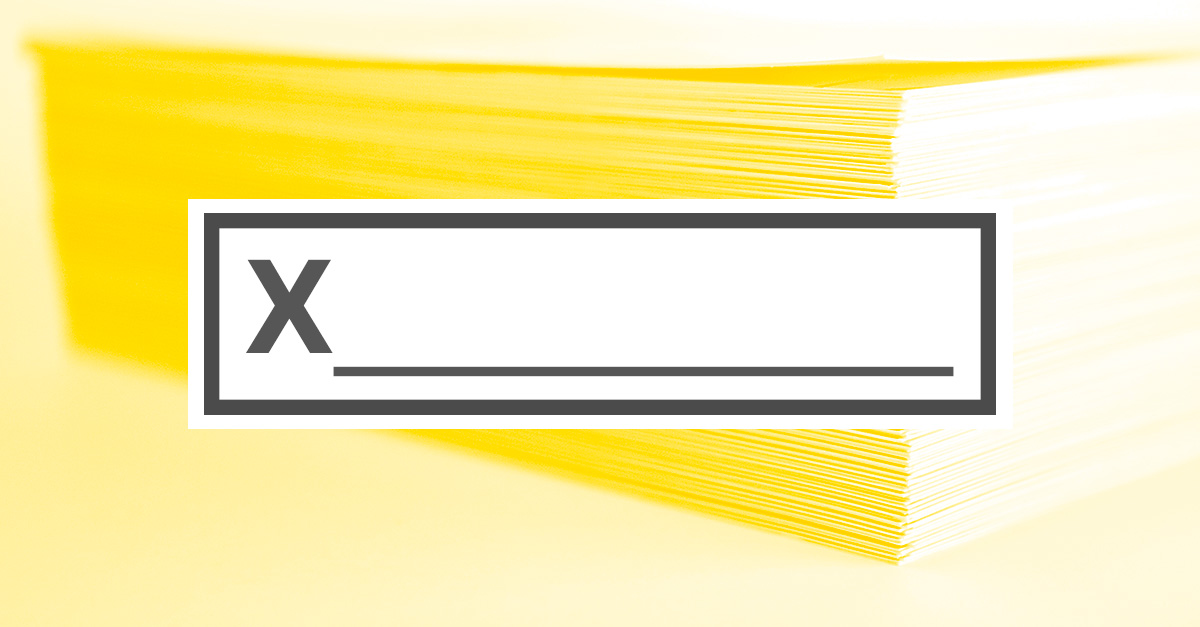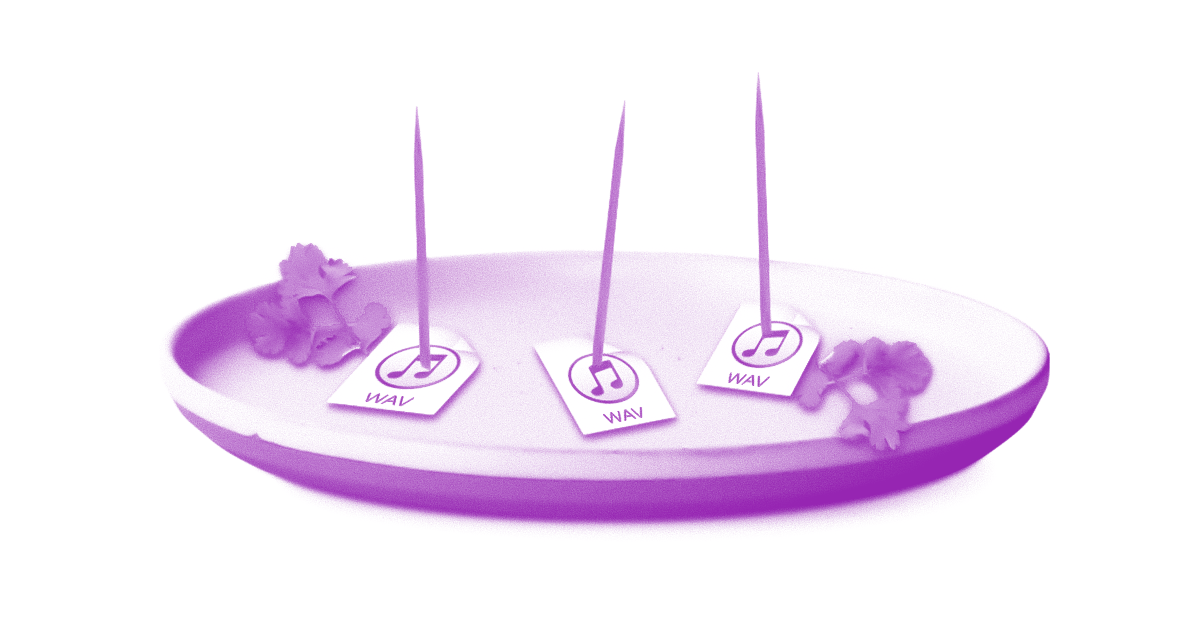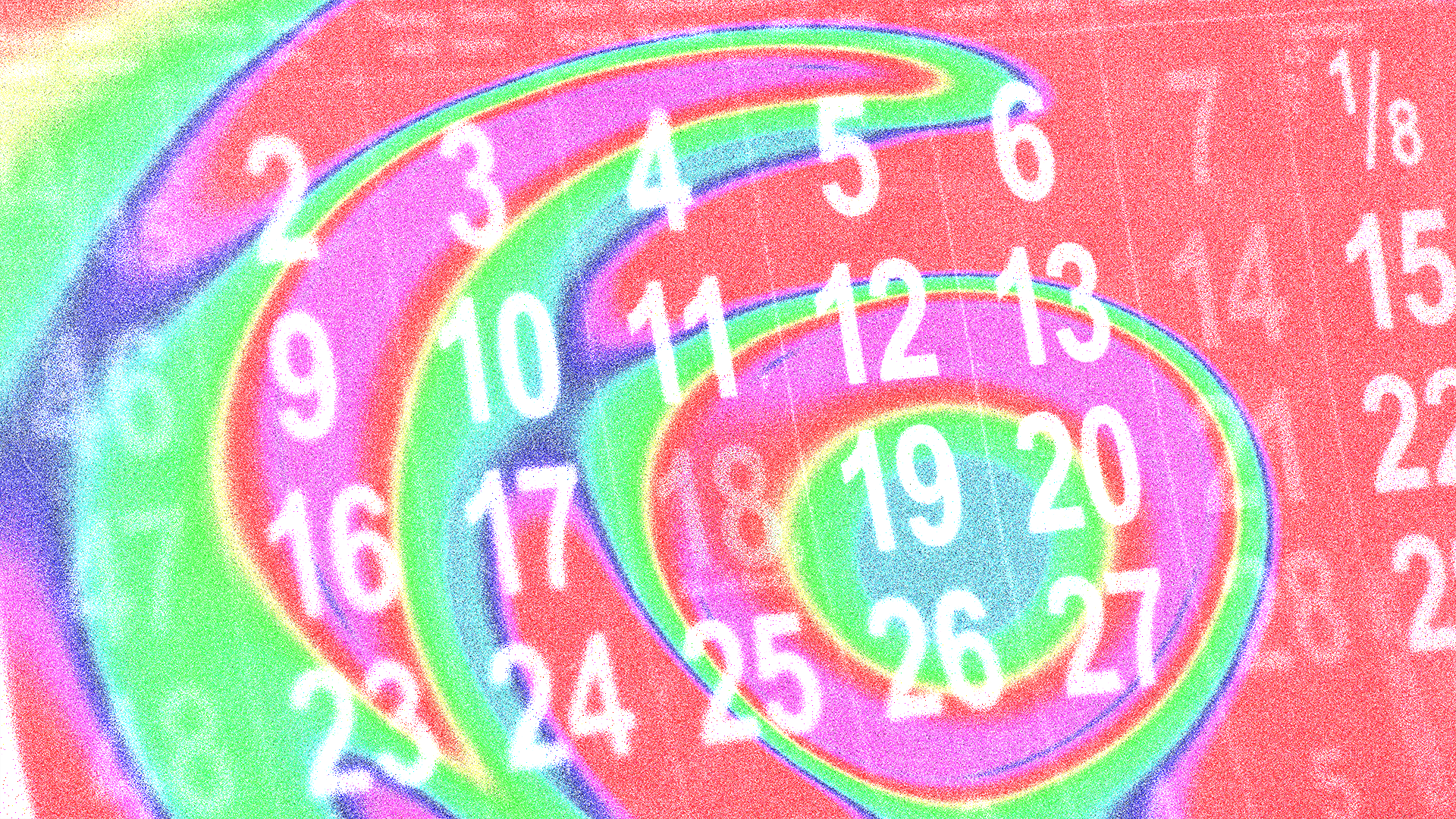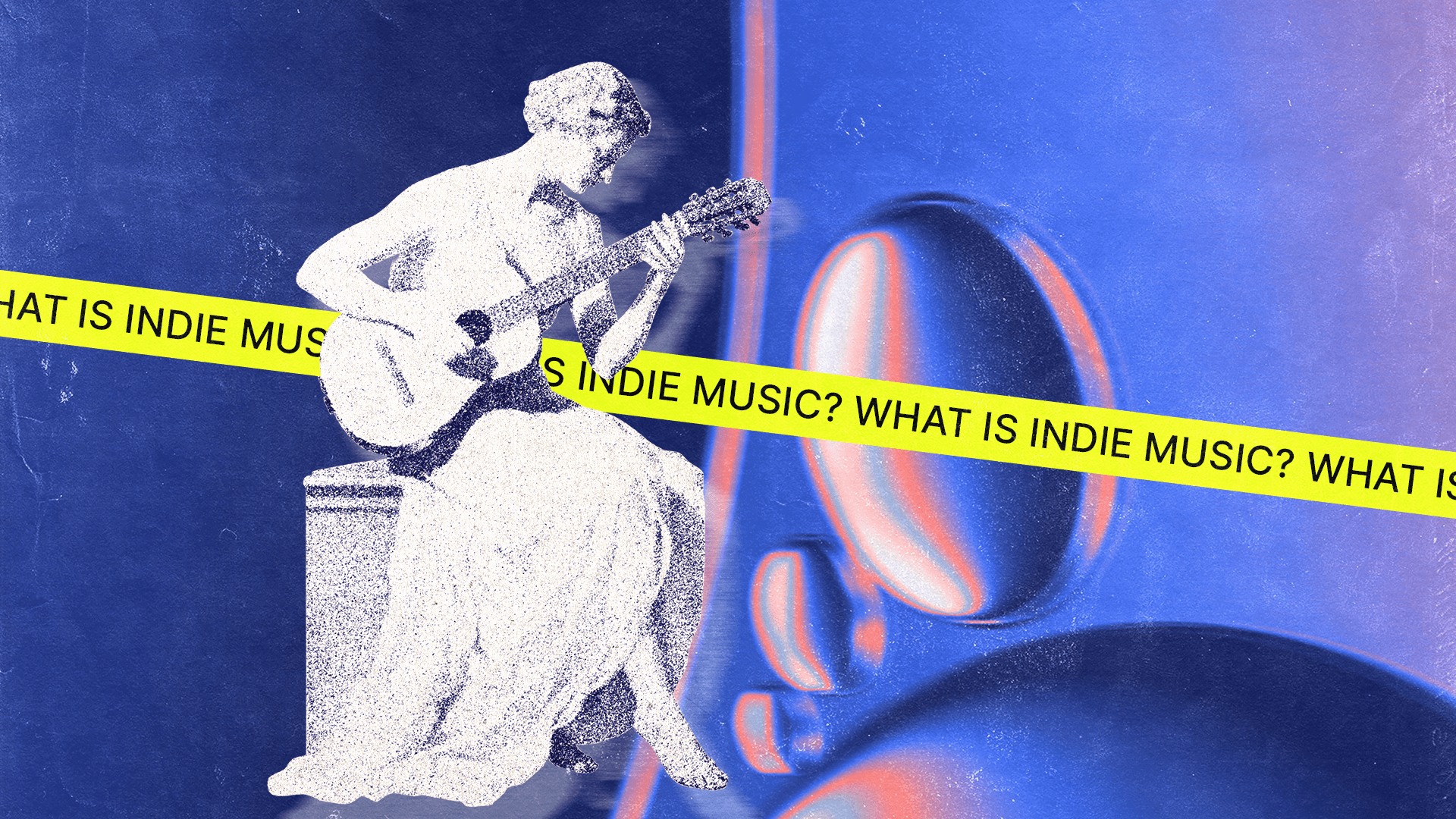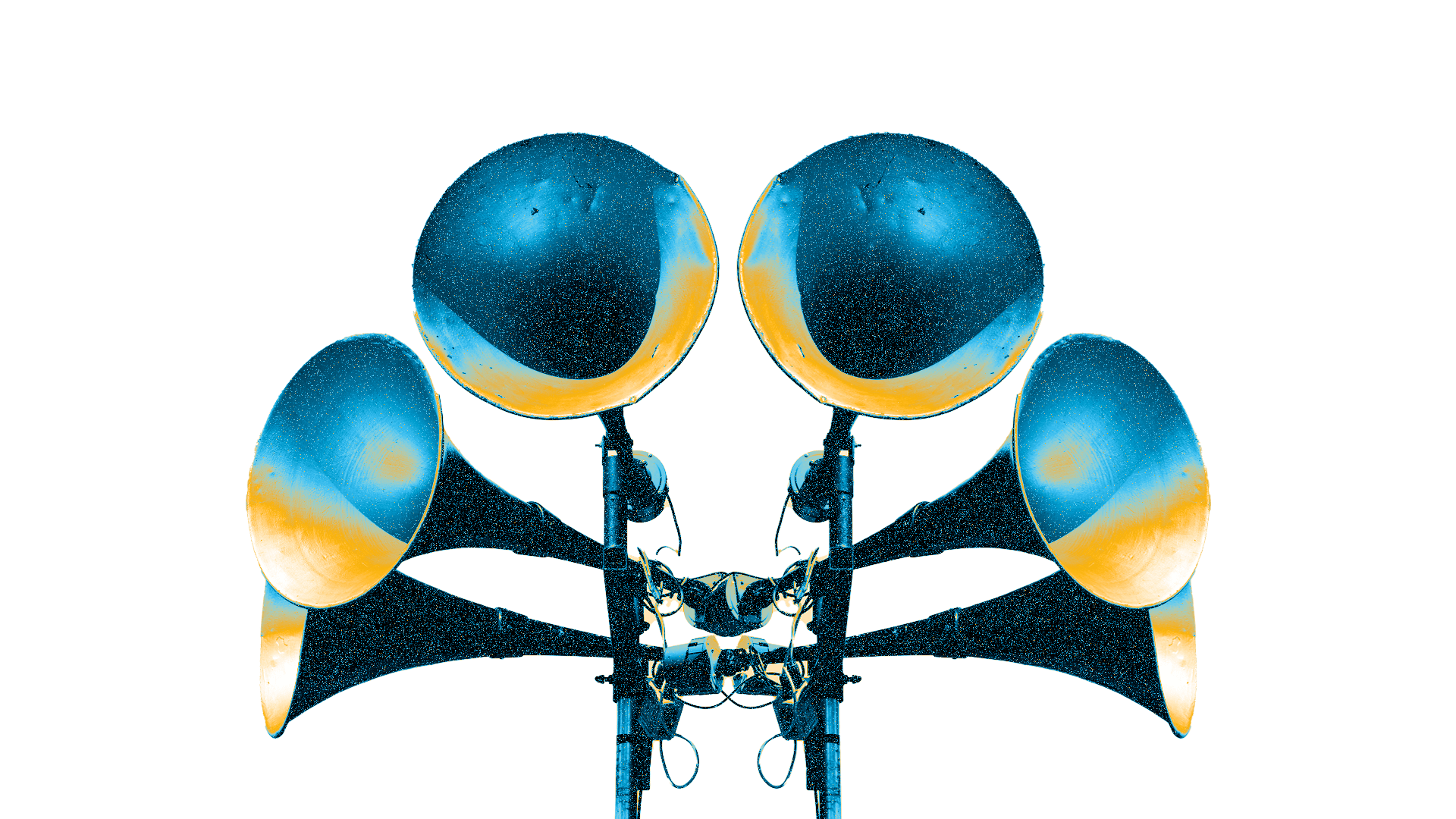
Music Licensing: What Musicians Need to Know About Sync Placements
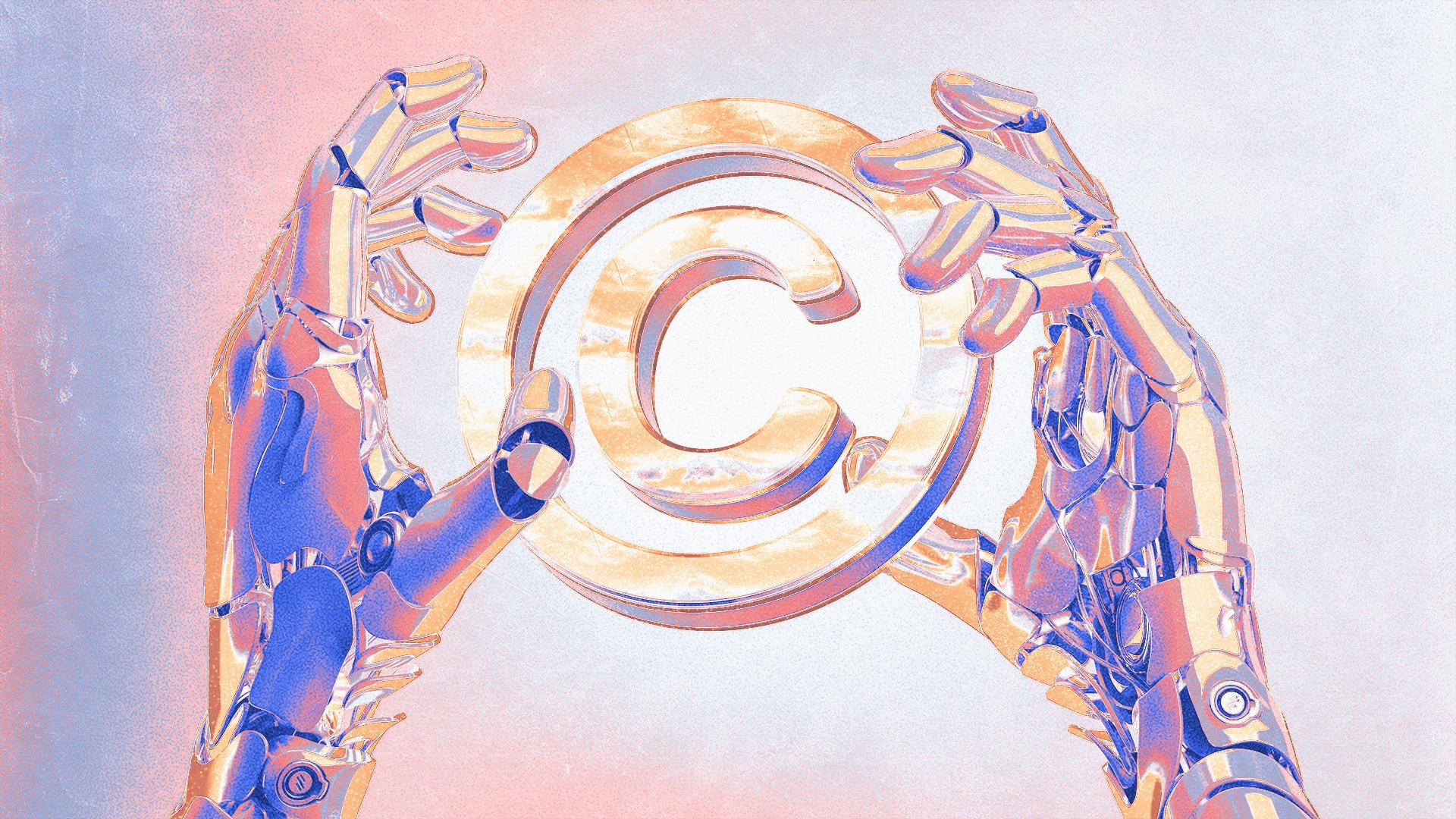
Music licensing can be a complex and confusing topic, but it`s also an essential part of the music industry.
If you’re a musician, producer, or songwriter, understanding the basics of music licensing can help you protect your work, earn money from your creations, and even land opportunities for placements in movies, TV shows, and commercials.
In this article, we’ll break down the different types of music licenses, explain how they work, and offer tips on how to navigate the music licensing landscape.
But first, let’s take a look at what exactly music licensing is.
What is music licensing?
Music licensing is the process of granting permission to use a copyrighted musical composition in various forms of media, such as films, TV shows, commercials, video games, and more.
When a music composition is created, the composer automatically owns the copyright to that work. This means that nobody else can use, copy, or distribute that composition without the composer’s permission.
When a filmmaker, advertiser, or game developer wants to use a piece of music in their project, they must obtain permission from the composer or their representative, such as a music publisher or a music licensing company.
The license agreement will outline the terms and conditions of the use, such as the duration of the use, the territory of the use, and the type of media in which the composition will be used.
Music licensing is an important aspect of the music industry, as it allows artists and composers to earn revenue from their work being used in various forms of media.
It also helps to protect the rights of the copyright owner and ensures that they receive proper compensation for their creative work.

Planning your next release? Watch this first.
The five types of music licenses
Understanding the different types of music licenses is crucial for anyone looking to use music legally and responsibly.
Each type of license serves a specific purpose and may require negotiation with different parties, so it’s important to do your research and understand the licensing requirements for your specific use case.
Here are the five most common types of music licenses.
1. Sync Licensing
Sync licensing is the process of obtaining permission to use a musical work in synchronization with visual media, such as films, TV shows, video games, and commercials.
A sync license typically requires negotiation with the copyright holder or their representative, and the terms of the license may vary depending on the specific intended use.
2. Mechanical Licensing
Mechanical licensing is the process of obtaining permission to reproduce a copyrighted musical work on physical or digital media, such as CDs, vinyl records, or digital downloads.
A mechanical license is typically required for any commercial reproduction of a musical work and is usually obtained through a mechanical licensing agency, such as the Harry Fox Agency.
3. Performance Licensing
Performance licensing is the process of obtaining permission to perform a musical work in public or broadcast it on TV or radio.
These licenses are typically obtained through a performance rights organization (PRO), such as ASCAP, BMI, or SESAC.
4. Master Licensing
Master licensing is the process of obtaining permission to use a specific recording of a musical work, rather than the underlying composition itself.
This type of license is typically required for commercial use of a specific recording and is usually obtained through the record label or the recording artist.
5. Print and Grand Rights Licensing
Print rights licensing is the process of obtaining permission to use the sheet music or lyrics of a musical work in a theatrical production, while grand rights licensing is the process of obtaining permission to use the musical work itself in a theatrical production.
Print and grand rights licenses are used in theatrical performances, such as musicals and operas.
Music licensing agencies and performing rights organizations
When it comes to music licensing, there are several organizations and agencies that play important roles in collecting royalties and managing the licensing process.
Let’s take a look at some of the key players in the music licensing industry.
ASCAP, BMI, and SESAC
These are the three main performance rights organizations (PROs) in the United States.
Their role is to collect royalties for composers and publishers when their music is publicly performed, such as in live events or on TV and radio broadcasts.
They also provide licenses to and collect royalties from businesses and other organizations that want to use music in their operations.
ASCAP, BMI, and SESAC are all non-profit organizations and represent different repertoires of music.
In Canada, the equivalent PRO is SOCAN, they handle similar activities to their American counterparts.
Other music licensing companies
In addition to the major PROs, there are other companies that offer music licensing services.
TAXI and Connect Music Licensing are two Canadian organizations that represent independent record labels and artists.
Universal Music Licensing is a division of the major record label and offers licensing services for its own catalog of music.
Music licensing companies accepting submissions
There are also several companies that accept submissions from independent musicians and songwriters looking to license their music.
These companies typically have a roster of music that they represent and offer licensing services to businesses, content creators, and other organizations.
Some examples of these companies include Audio Network, Epidemic Sound, and Artlist.
How to get a license for your music
If you’re a musician, licensing your music can be a great way to get it out there and earn some extra income.
But how do you actually go about licensing your own music?
Here are some steps you can take:
Market your music
Having a following and being known in the music industry is how music publishers and licensors will find your music and use it in their media productions.
So to have any chance of landing a licensing agreement and making money from it, you need to market your music and build an audience.
Aside from building an audience of fans who like your tracks, it’s also important to actively market your music to potential licensees.
This can include submitting your music to music libraries or sync licensing companies, reaching out to music supervisors in film and TV, or even networking with fellow musicians and industry professionals at music festivals and events.
Another way to do this is to find a publisher or music library that will market your music for you in exchange for the publishing rights.
Register your music with a performing rights organization:
In order to receive royalties for your music, you’ll need to register it with a performing rights organization (PRO) like ASCAP, BMI, or SESAC.
These organizations track when and where your music is played, and collect royalties on your behalf.
Create a licensing agreement
Once you’ve identified a potential licensing opportunity, it’s important to create a licensing agreement that outlines the terms of the license.
This can include things like the duration of the license, the territories where the music can be used, and the compensation you’ll receive.
Working a publisher is often the easiest way to find a licensing opportunity and land a licensing agreement.
Of course, that means finding a publicist that works with your budget and is willing to take you on.
By following these steps, you can increase your chances of successfully licensing your own music and getting it out there to a wider audience.
Music licensing fees
Music licensing fees can vary greatly depending on several factors.
The type of license, the duration of the usage, and the music’s popularity are all factors that will affect the cost of a music license.
For example, a license for a popular song used in a major motion picture would likely be more expensive than a license for a lesser-known song used in a small independent film.
Thankfully, there are many online platforms that offer affordable and high-quality music licensing options.
Some of the best music licensing sites include Musicbed, AudioJungle, and Epidemic Sound.
These platforms offer a wide range of music genres and licensing options, making it easy for businesses and content creators to find the perfect music for their projects at a reasonable price.
By considering the type of license needed, the duration of usage, and the industry, businesses and content creators can better estimate the cost of licensing music for their projects.
And with the availability of online music licensing platforms, it’s never been easier to find the perfect music for any project at an affordable price.
🧠 Hot tip
Everything you need to promote your music
Your guide to the music industry.

Music licensing for video and social media
Music licensing for video and social media is a crucial aspect of the music industry. With the rise of platforms such as YouTube, TikTok, and other social media platforms, musicians and content creators must understand the licensing process and its importance.
YouTube is the largest video-sharing platform in the world, with over 2 billion monthly active users.
So there’s a good opportunity to generate revenue from your music if your tracks are often used in YouTube content.
YouTube offers its own music licensing service through its Content ID system, which scans all uploaded content for copyrighted material.
If copyrighted material is detected, the video may be blocked or taken down, or the creator may have to share ad revenue with the owner of the copyrighted material.
The best way to get Content ID for your tracks is to distribute your music with a music distribution service like LANDR Distribution.
When you publish your music on streaming services with LANDR Distribution you get the opportunity to also generate a YouTube Content ID for your tracks.
TikTok and Instagram also have licensing agreements with various music publishers, music distribution services and record labels, allowing its users to use licensed music in their content.
Like Content ID, distribution services like LANDR Distribution make it possible to collect royalties from social media platforms like TikTok and Instagram.
🧠 Hot tip
License and registration, please
Music licensing is an important aspect of the music industry that every music maker should be aware of. It allows you to earn money from your music and get exposure by having it featured in various media projects.
Whether you’re an independent artist or signed to a record label, music licensing can be a lucrative source of income for your music.
By understanding the basics of music licensing and how it works, you can make informed decisions about which opportunities are right for you and negotiate fair licensing deals for your music.
Remember to always read and understand any contracts or agreements before signing them, and don’t be afraid to seek legal advice if you have any questions or concerns.
Overall, music licensing can be a complex and daunting topic, but with the right knowledge and resources, it can also be a valuable tool for music makers to take their careers to the next level.
Keep creating great music and exploring new licensing opportunities, and you may find yourself on the path to success in the music industry.
Gear guides, tips, tutorials, inspiration and more—delivered weekly.
Keep up with the LANDR Blog.
